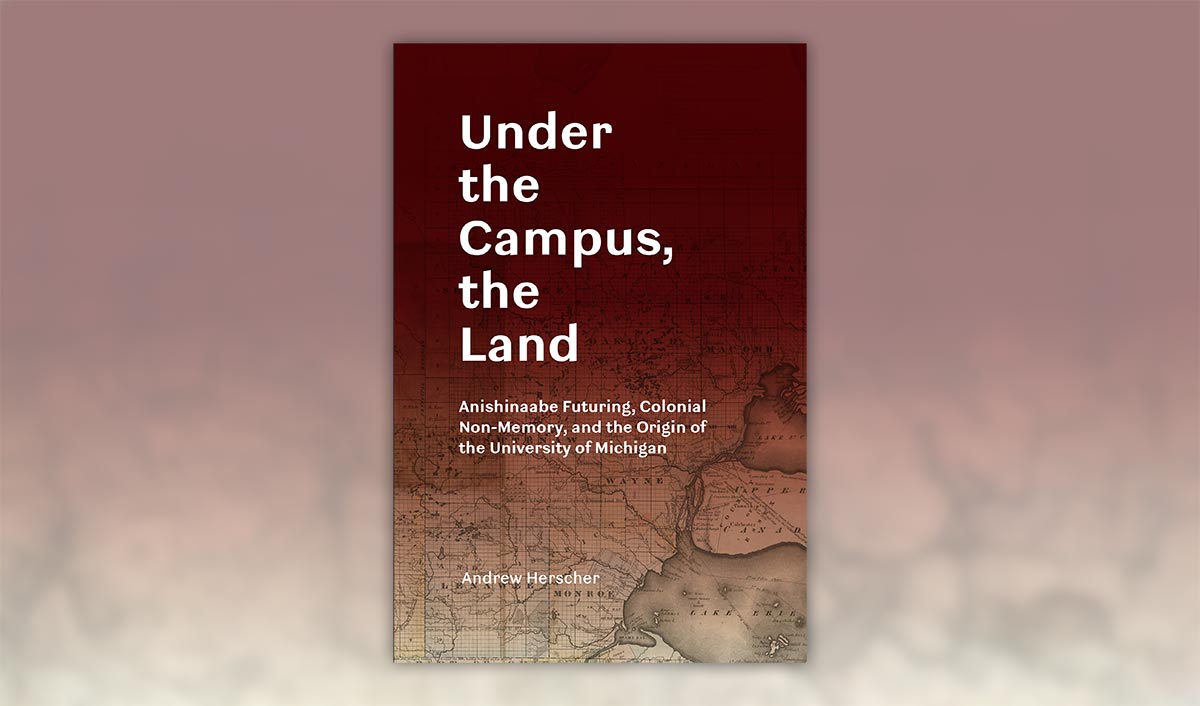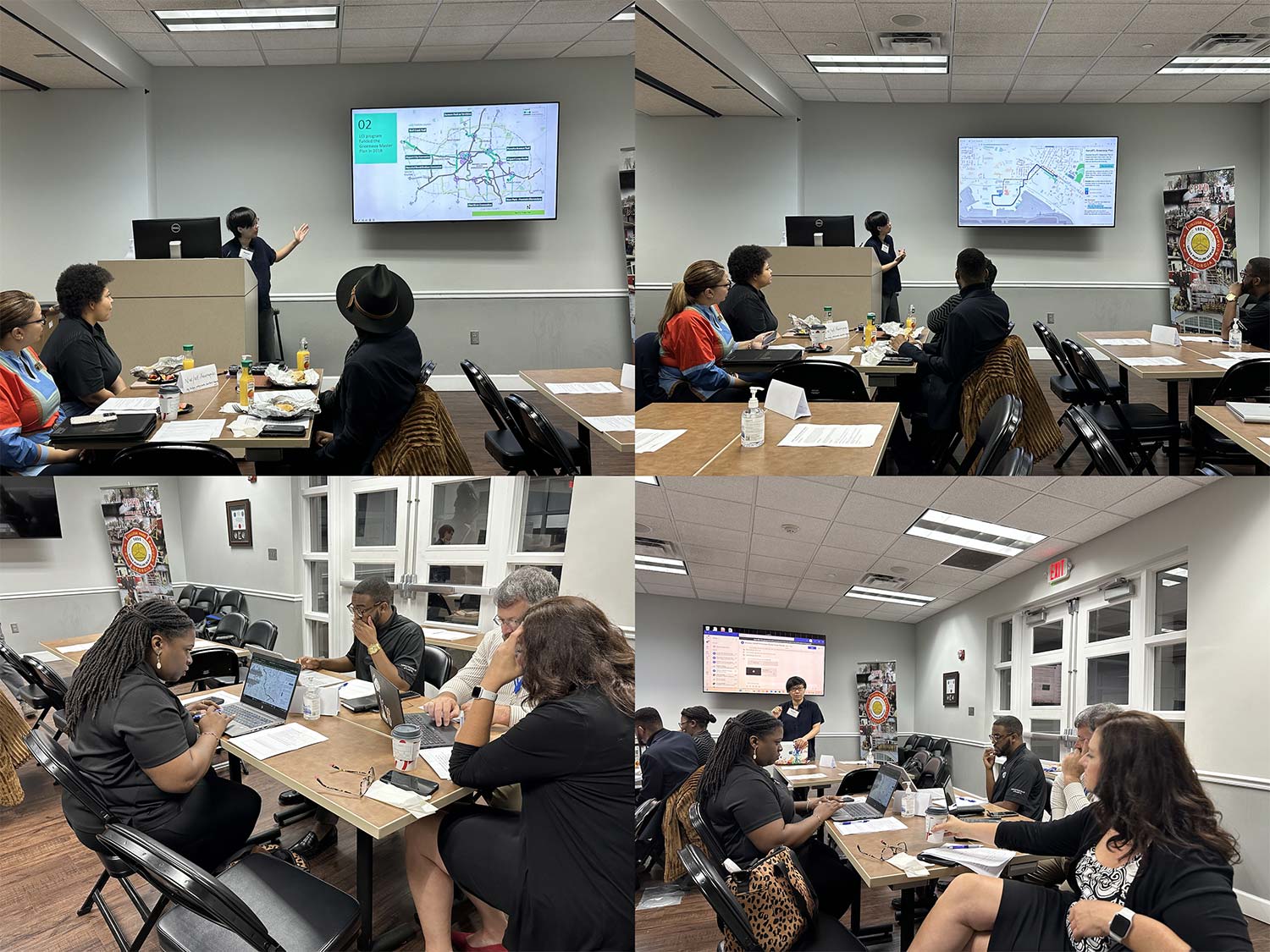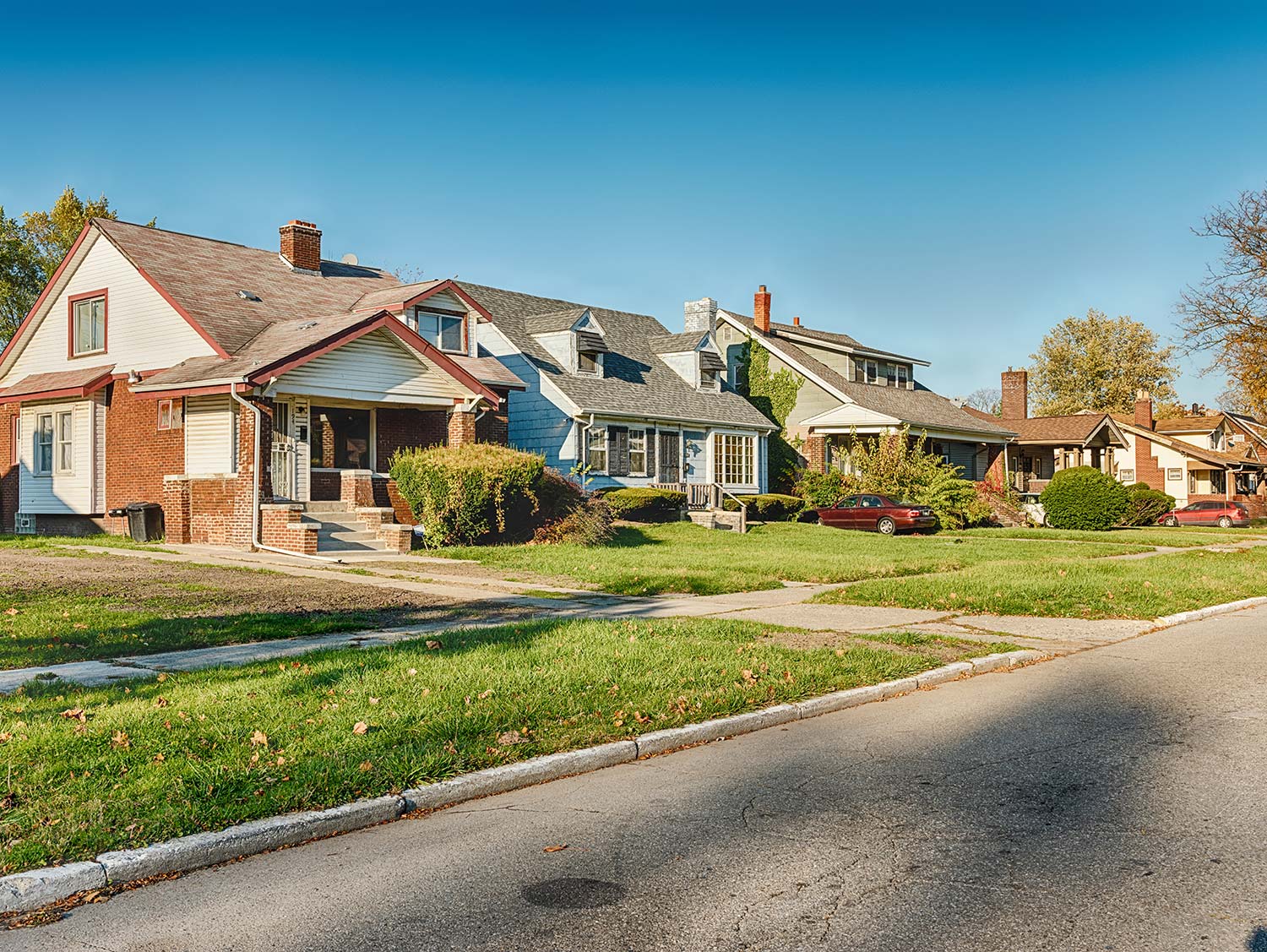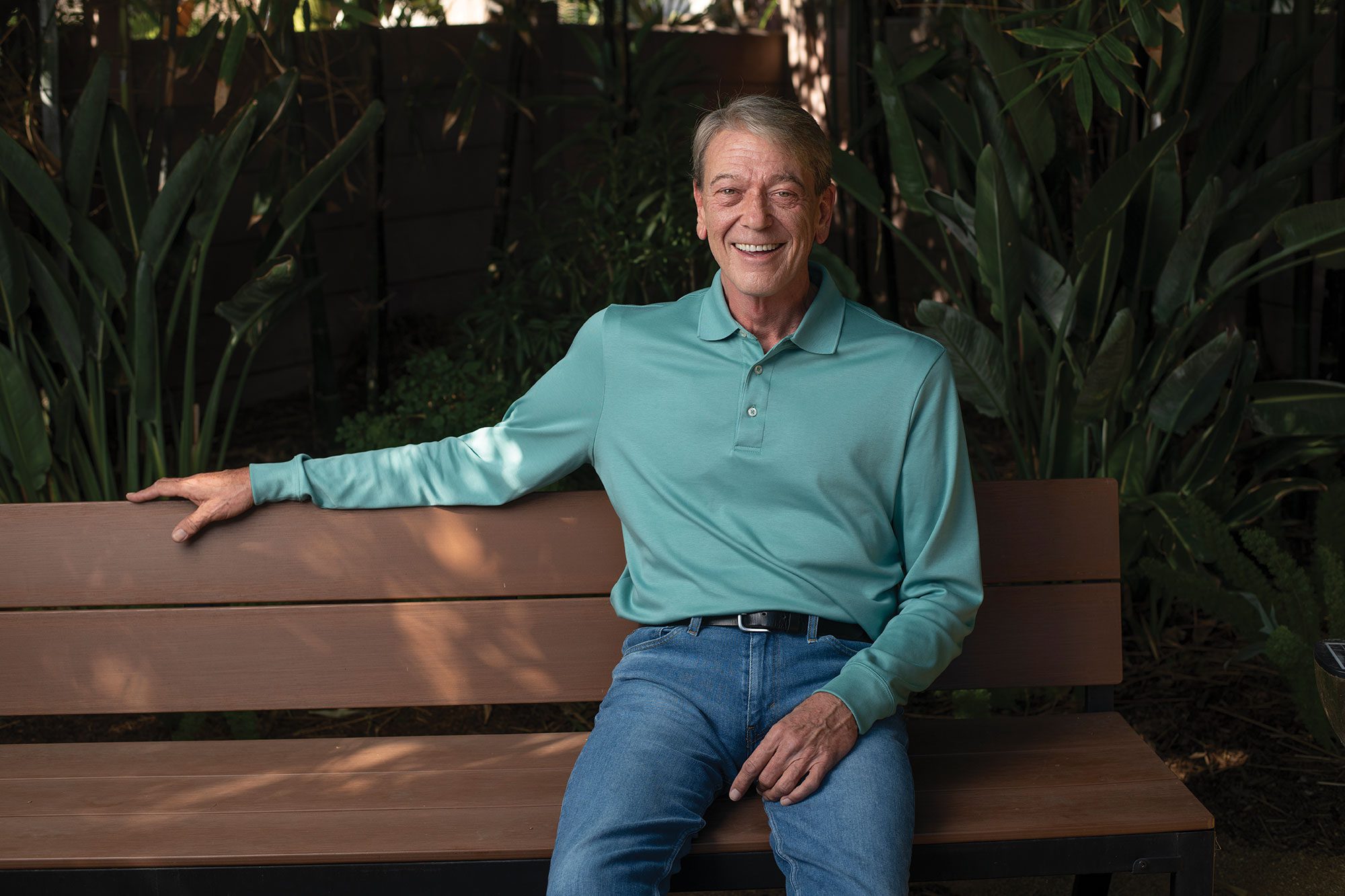
David Lepo, M.U.P. ’78, Gives Because of the Lasting Impact of His Taubman College Education
Many of David Lepo’s fondest memories of Taubman College involve his friend, mentor, and urban planning professor, Katharine Warner. Warner, who passed away in 2022, was known to her students as “Kate.”
Lepo recalls that his brother, who attended a different university, was surprised to hear that Lepo not only had lunch with his professor but called her by her first name. “We took that kind of opportunity to connect with our professors for granted,” he says. “We got to know our professors as individuals and not as just people at the front of an auditorium. But that wasn’t my brother’s experience at all. And it was such a meaningful experience in my life.”
Occasionally walking to the cafeteria for lunch with Warner after class was a highlight of Lepo’s experience at the college. “We’d talk about everything — world affairs, the zoning ordinance in Ann Arbor, the state of transportation in southeastern Michigan — because planners know about everything. Kate was wired everywhere. She could engage anyone in conversation about just about anything. She would draw real-world experience into the realm of classroom and thought. Boy, how that contributed to my growth,” he says.
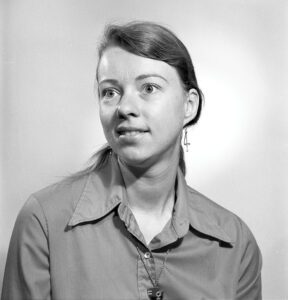
That formative relationship with Professor Warner is one of the reasons Lepo began giving to the college.
“I had all the benefits and opportunities anybody could have and a lot of those had to do with the University of Michigan, the things I learned, and the people I connected with there. That’s why, a couple of years ago, I started sending money every year,” he says.
Eventually, that annual giving habit led him to establish the David A. Lepo endowed Urban Planning Scholarship fund in January of 2022. Later that year, he pledged $1.35 million through his estate to support current students as they develop the ideas and relationships that shape them as urban planners. He believes there’s no place like Taubman College to develop those skills.
In 1988, when Lepo was working as a development services manager in Signal Hill California, it was an area of beautiful topography filled with oil derricks, automobile wrecking yards, and oil servicing yards. He oversaw projects focused on economic development, environmental cleanup, and diversifying from oil. Lessons he learned at Taubman College were instrumental to his success there.
“Kate taught a housing course where we learned about what tax increment financing (TIF) was, and in Signal Hill we were doing just that — getting rid of oil derricks, junk yards, acres of junk cars. They were called redevelopment agencies out here in California, but it was TIF and I learned about that at Taubman College. Knowing things like that is why I was able to hit the ground running in that job,” Lepo says.
Thanks in part to Lepo’s work, Signal Hill is now a thriving and economically diverse community, and the hilltop, once called Porcupine Hill because of the old-fashioned wooden oil derricks that populated it, is now a residential area full of homes with beautiful views.
Throughout his career, he also worked for the cities of Los Alamitos and Bellflower, and he retired as the planning director for Newport Beach, California. He was known for his customer service, analytical thinking, and problem-solving expertise. He credits Taubman College for giving him a solid foundation in those skills and helping him develop valuable professional connections.
Now retired, Lepo recently got back in touch with some of his former Taubman classmates and is enjoying rekindling those friendships. The group often reminisces about their time at Taubman College, what they learned there, and the impact Warner and other professors had on them.
“We reconnected and it was as if we’ve never been separated,” he says. “I attribute that to the kind of lasting connection you make at Michigan and those shared values. We still have the same perspective. That sounds calcified but it’s the opposite; we can think critically and a lot of that has to do with the University of Michigan and Taubman College.”
It’s not just his former classmates and his mentor Lepo feels connected to; he cares deeply about current and future Taubman College students and their success. His support of Taubman College is his way of ensuring current Taubman College students get the same opportunities he did.
“I’ve had a very fortunate life, and that includes the opportunity to attend Taubman College. Some people don’t have as easy a way as I did. I was very fortunate. I was an out-of-state student and could still afford to go to Michigan. I want everybody to have that chance because there’s no reason not to allow everybody to rise to their best,” says Lepo.
“I hope, when the students who get these scholarships are old and comfortable, like I am, they’ll do what I’m doing and give back.”





